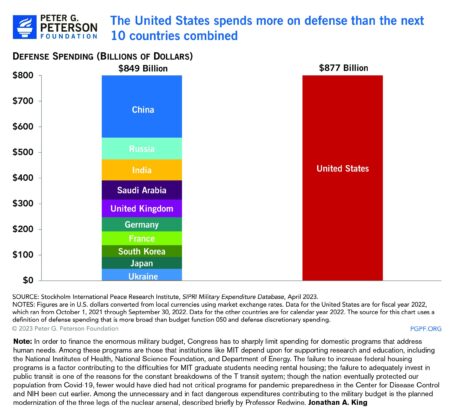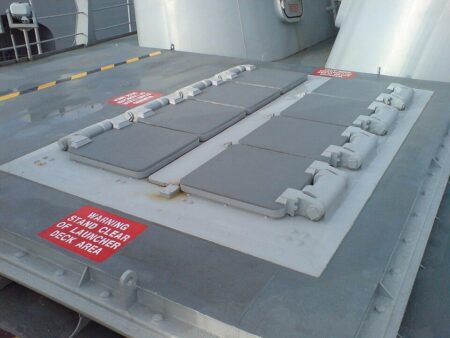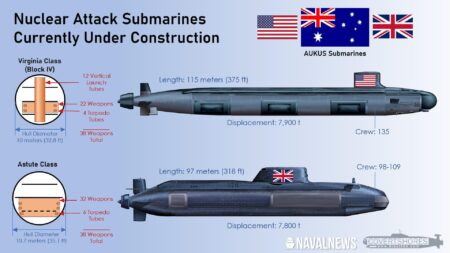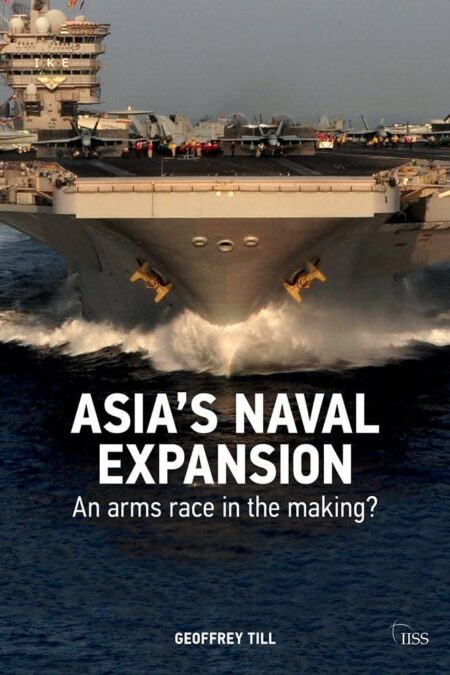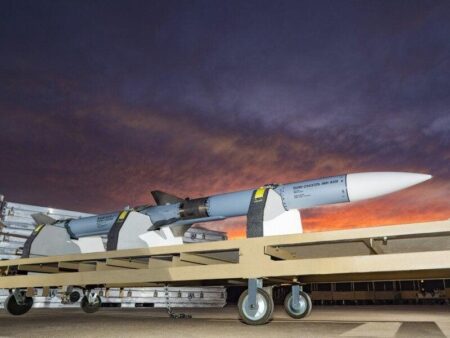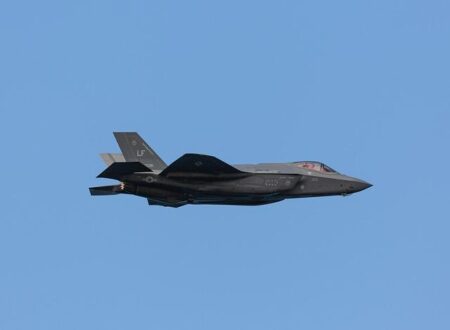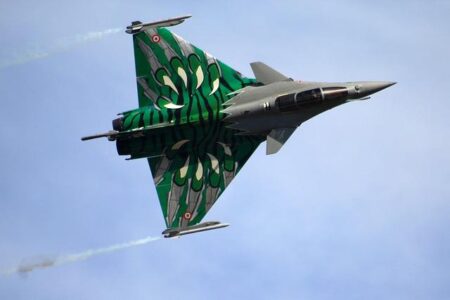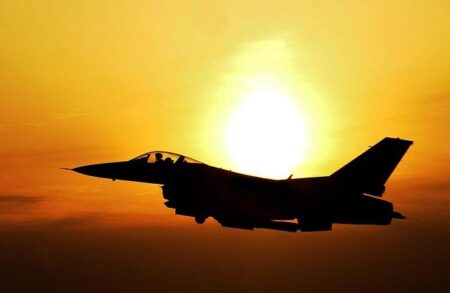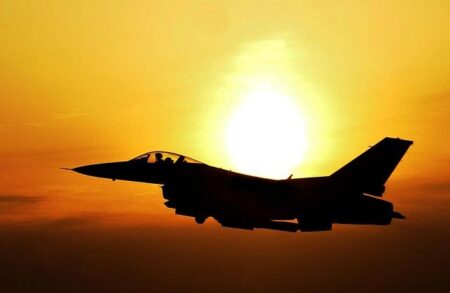Italy’s recent boost in defense spending has ignited a lively debate across the nation. Government officials emphasize the urgent need for stronger military capabilities in light of rising regional tensions, while critics passionately contend that these funds would be better spent addressing critical social issues that affect everyday citizens.
Browsing: defense industry
Lockheed Martin is unveiling a groundbreaking proposal for containerized launcher systems designed to elevate Australia’s air and missile defense capabilities. This cutting-edge strategy not only promises to boost operational flexibility but also tackles vital security challenges facing the region head-on
Boeing’s crucial involvement in strengthening Russia’s aerospace industry sparks intriguing questions about the future of its operations within the country. As geopolitical tensions rise, experts are left pondering: will this aviation titan ever find its way back to doing business in Russia?
Australia faces unexpected challenges in its AUKUS submarine deal, as logistical hurdles and rising costs threaten to derail the ambitious project. Analysts warn that the complexities of this defense partnership could impact national security plans.
Russia is set to embark on a significant naval expansion initiative, with plans to invest approximately $100 billion. This ambitious project aims to rejuvenate its maritime capabilities amid rising geopolitical tensions, signaling a pivotal shift in naval strategy.
Australia is actively pursuing the procurement of AIM-120C-8/D-3 missiles to enhance its air-to-air combat capabilities. This move reflects the nation’s commitment to modernizing its defense arsenal amid increasing regional security challenges.
The UK and Australia have announced a strategic partnership to develop next-generation weapons systems, enhancing military capabilities and addressing emerging threats. This collaboration aims to strengthen defense ties between the two nations amid evolving global security challenges.
AUKUS marks a pivotal shift in defense collaboration among Australia, the U.S., and the U.K. as they enhance military capabilities through advanced technologies, including submarine development, signaling a united front against emerging global threats.
Australia has been officially briefed on the U.K.-Italy-Japan Next-Gen Fighter Program, known as AVALON. This collaboration aims to enhance international defense capabilities, focusing on advanced technology to improve air superiority in future conflicts.
Australia is set to receive advanced electronic warfare (EW) and intelligence, surveillance, and reconnaissance (ISR) aircraft from L3Harris, following delays in previous deliveries. This acquisition aims to enhance the Royal Australian Air Force’s capabilities in modern defense operations.
Germany is intensifying its military modernization efforts by doubling down on the procurement of F-35 fighter jets. This move aims to enhance NATO capabilities and address evolving security challenges amid increasing geopolitical tensions in Europe.
Armin Papperger, CEO of German arms manufacturer Rheinmetall, has emerged as a pivotal figure in European defense amid rising tensions with Russia. As the war in Ukraine escalates, Russian operatives reportedly see him as a key target, highlighting the critical role of defense leadership in geopolitics.
Germany’s upper house has approved a landmark defense spending bill, signaling a significant shift in the country’s military policy. The move reflects heightened security concerns and commitment to NATO obligations, boosting defense budgets amid global tensions.
French President Emmanuel Macron announced plans to increase orders for Rafale fighter jets, emphasizing the need to enhance national defense capabilities. The move reflects France’s commitment to bolstering its military strength amid growing global security concerns.
Germany’s parliament has passed a landmark package aimed at significantly increasing defense spending. This move is intended to bolster military capabilities and respond to shifting security dynamics in Europe, reflecting a commitment to NATO obligations.
Norway and Germany have joined forces to enhance the maintenance of the Naval Strike Missile, a pivotal asset for naval warfare. This collaboration aims to strengthen defense capabilities in Europe, ensuring operational readiness and advanced military technology.
Italy is set to unveil a strategic plan aimed at integrating its automotive and defence sectors, as announced by the Minister of Economic Development. This initiative seeks to enhance technological collaboration and bolster national security through innovative manufacturing practices.
Germany’s military expansion efforts are ongoing, spurred by heightened security concerns. However, the nation faces significant personnel shortages, hampering its ability to fully operationalize new capabilities. This dichotomy raises questions about future readiness.
Germany’s shift towards a robust economic model, spurred by increased defense spending and sustainability initiatives, presents unique investment opportunities. Sectors like renewable energy and technology are poised to thrive amid this transformation.
In a strategic move to bolster national security, France, Italy, and the UK have ordered additional air defense missiles, as reported by Le Monde. This decision reflects rising concerns over aerial threats and emphasizes a unified commitment to enhancing defense capabilities across Europe.

